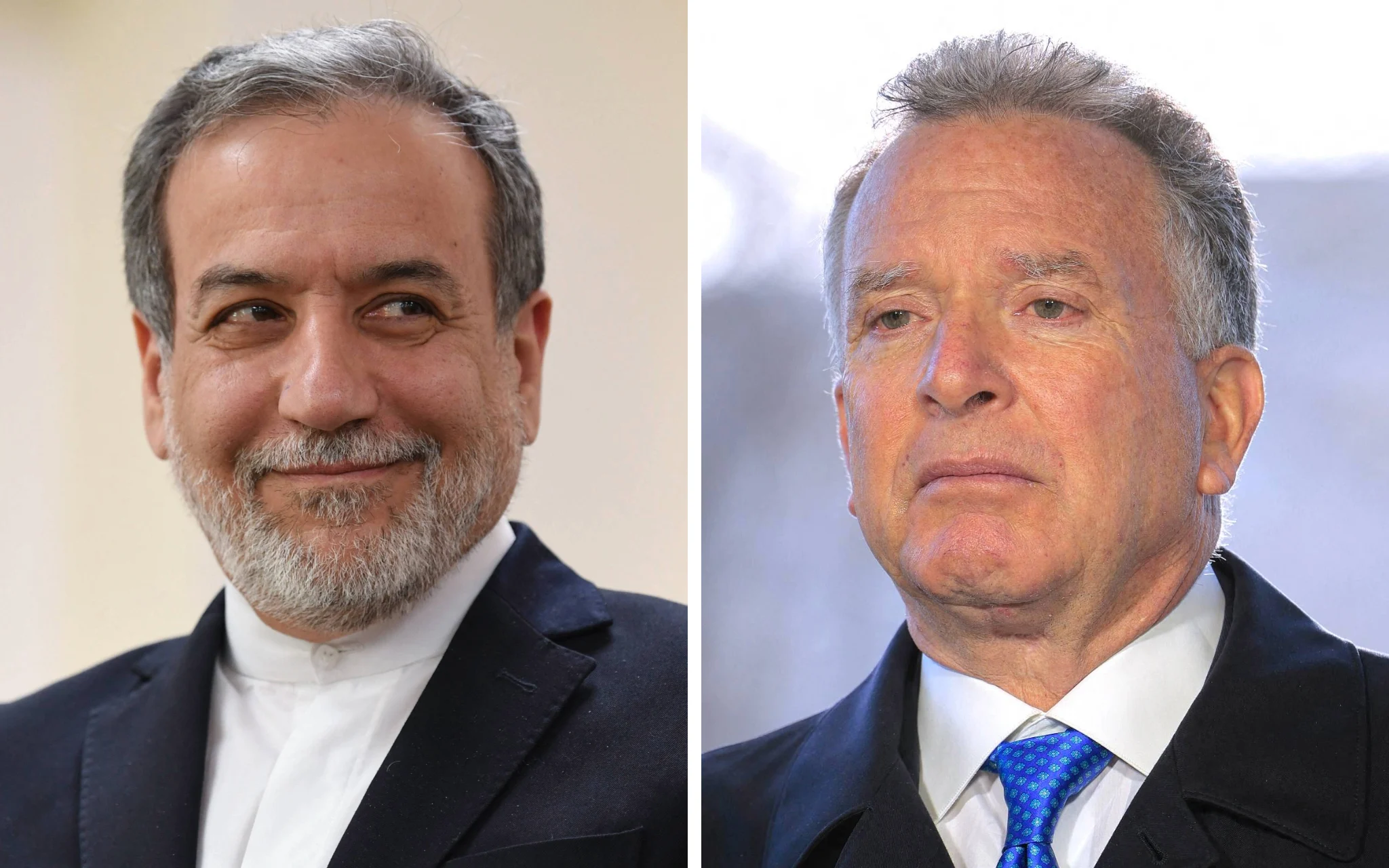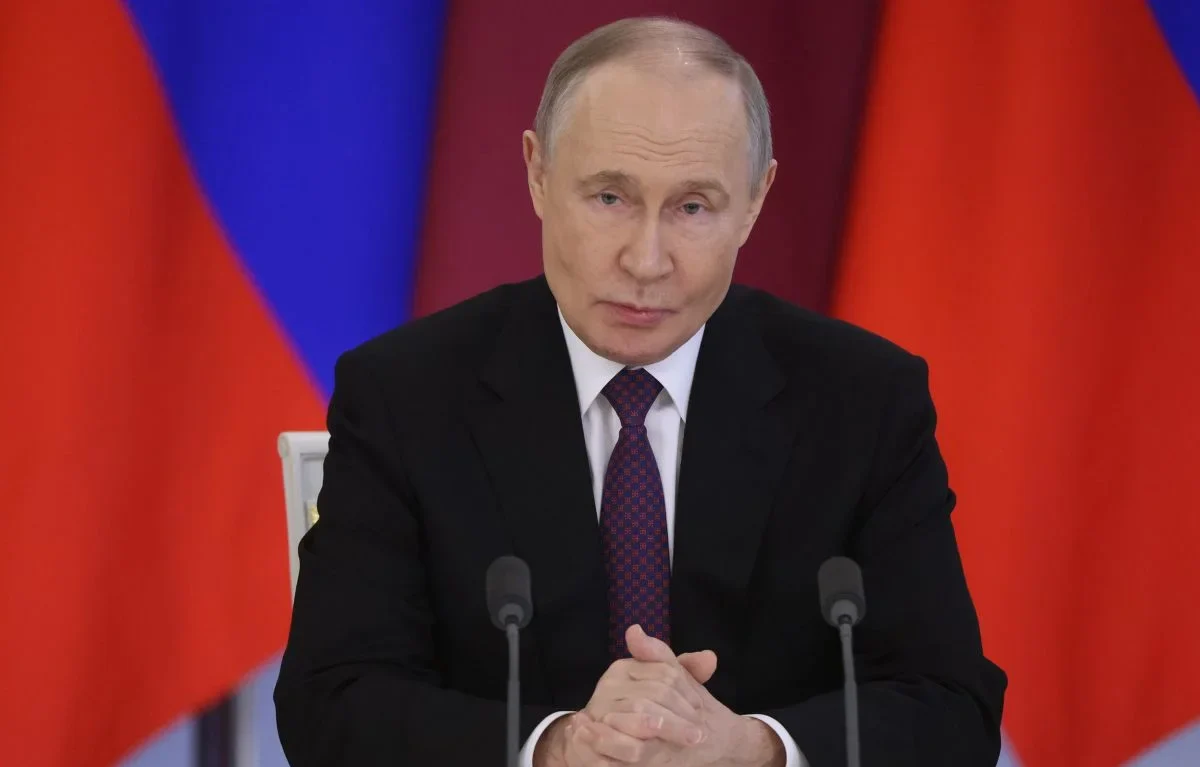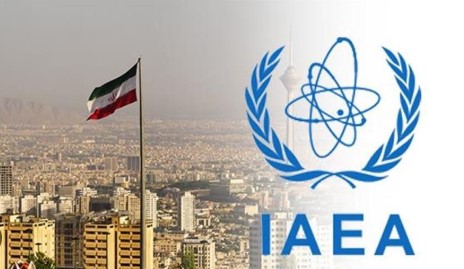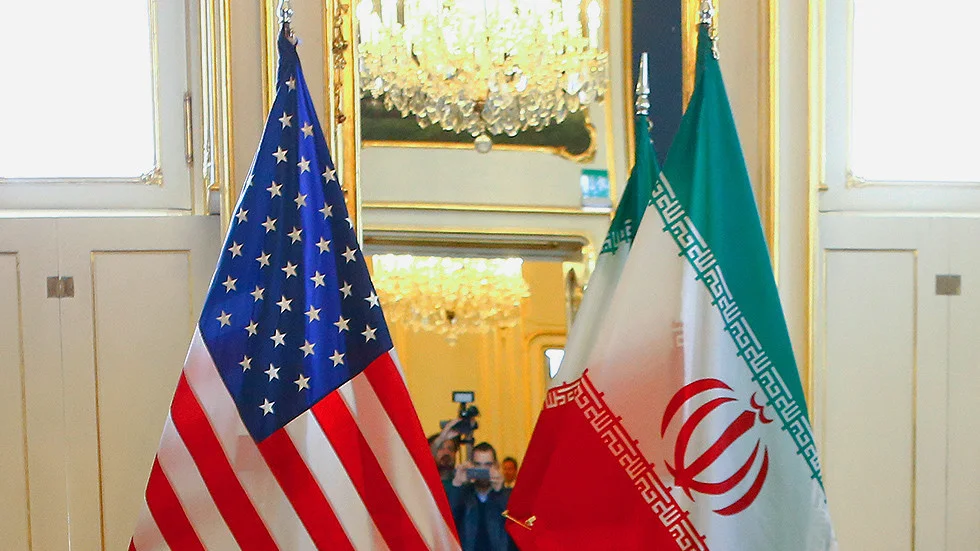
U.S.-Iran Indirect Nuclear Talks in Oman Conclude, Further Discussions Planned
- World News
- April 26, 2025
- No Comment
U.S.-Iran Indirect Nuclear Talks in Oman Conclude, Further Discussions Planned
Report By Safarti Tarjuman International Desk
Indirect negotiations between the United States and Iran over Tehran’s nuclear program concluded in Muscat on Saturday, with both parties agreeing to continue dialogue next week.
The six-hour talks, mediated by Oman, saw Iranian Foreign Minister Abbas Araghchi and U.S. Middle East envoy Steve Witkoff leading their respective delegations. The discussions focused on detailed frameworks for a potential agreement aimed at restricting Iran’s nuclear capabilities.
According to Iranian state television, expert-level sessions prior to the main talks reached an advanced stage, with both sides now returning to their capitals for internal consultations. An additional high-level meeting has been provisionally scheduled for May 3.
Oman’s Foreign Minister Badr Albusaidi confirmed that further efforts will be made to bridge gaps, emphasizing the critical role of diplomacy.
U.S. President Donald Trump, speaking in a recent interview, expressed confidence in reaching a new accord. However, he reiterated that if diplomatic efforts fail, Washington would not rule out alternative actions.
Iranian officials underlined their demands during the talks, including:
- The continuation of uranium enrichment activities.
- The missile program should not be included in the negotiations.
- The full lifting of U.S. sanctions as part of any agreement.
Foreign Ministry spokesperson Esmaeil Baghaei stressed that Iran remains committed to peaceful nuclear development and called for the removal of what he termed “unjust” international sanctions.
Meanwhile, tensions in Iran escalated when a massive explosion struck Shahid Rajaee Port near Bandar Abbas, reportedly due to mishandled chemical storage. The incident resulted in four fatalities and hundreds of injuries, according to local media.
Despite ongoing diplomatic efforts, significant hurdles remain. Iran’s uranium enrichment levels have advanced to near weapons-grade purity, while Washington continues to enforce its “maximum pressure” strategy, reinstated at the start of Trump’s second term.
With both sides maintaining firm positions, the coming weeks will be crucial in determining whether a new nuclear deal can be achieved.







